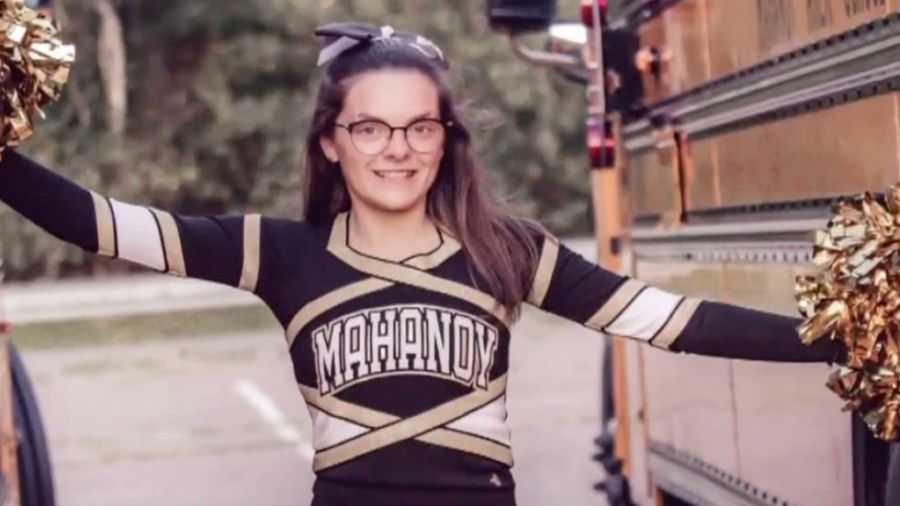Can you be mean and keep your spot on your high school cheerleading team?
The American Civil Liberties Union argued that you can, and, on Wednesday, the U.S. Supreme Court agreed.
The case is Mahanoy Area School District v. B.L., and the facts don’t paint the cheerleader, who is a minor and hence only the initials appear in the case title (her name was later publicly revealed to be Brandi Levy), in a very positive light. And that’s probably a good thing for the legal questions at hand. The ACLU represented.
The facts of Mahanoy are pretty straightforward. Outside of school hours and away from the school’s campus, Levy used the social messaging app Snapchat to communicate vulgar language and gestures criticizing her cheer team and her school. Not amused, the school suspended Levy from the cheerleading team for a year.
The Supreme Court had to decide whether the Court of Appeals for the Third Circuit correctly held that the school’s decision violated the First Amendment.
Justice Stephen Breyer wrote for the court, which, in an 8-1 ruling, held that:
“Although we do not agree with the reasoning of the Third Circuit panel’s majority, we do agree with its conclusion that the school’s disciplinary action violated the First Amendment.”
Breyer added that:
“While public schools may have a special interest in regulating some off-campus student speech, the special interests offered by the school are not sufficient to overcome B. L.’s interest in free expression in this case.”
Justice Clarence Thomas’s dissent raised a critically important point in mentioning that schools “historically could discipline students in circumstances like those presented here.” He added that lower courts will also be “at a loss” in trying to apply the ruling, which is ultimately going to mean that the Supreme Court may soon grapple with fundamentally the same issue, but different facts and litigants.
John Lawlor, a Florida attorney, observes that there will be lasting implications on speech from this Supreme Court decision:
“This case is about much more than a student’s right to free expression. It’s about the line where the First Amendment becomes a sword, not simply the shield it was intended to be.”
The title of this piece refers to the 2004 cult movie classic in which mean high school girls learned lessons (or not) about the power of their speech and actions. It will be very interesting to see how far this court is willing to extend its logic here.
Schools have a responsibility to create and maintain a safe environment for all of their students. Viewed in its entirety, the decision in Mahanoy wasn’t a total loss for schools, as the justices refused to support the lower court decision that found that school officials have no authority outside of school. The court asserted that the First Amendment guarantee of free speech is not absolute here.
Where a school fails to show that its special interests are sufficient to overcome a student’s (or a teacher’s, one would imagine) constitutional right to free expression, the end result will be very similar to what happened here, and courts won’t uphold regulation of that speech.
Ultimately, that’s going to be an important effect of this ruling, as the line between free speech and speech that incites hatred or violence can sometimes be drawn unclearly. Where this speech happens (inside or outside of school, in-person versus on social media) is less important than its nature and context.
Aron Solomon, JD, is the head of strategy for Esquire Digital and the dditor of Today’s Esquire. He has taught entrepreneurship at McGill University and the University of Pennsylvania, and was the founder of LegalX, the world’s first legal technology accelerator.
